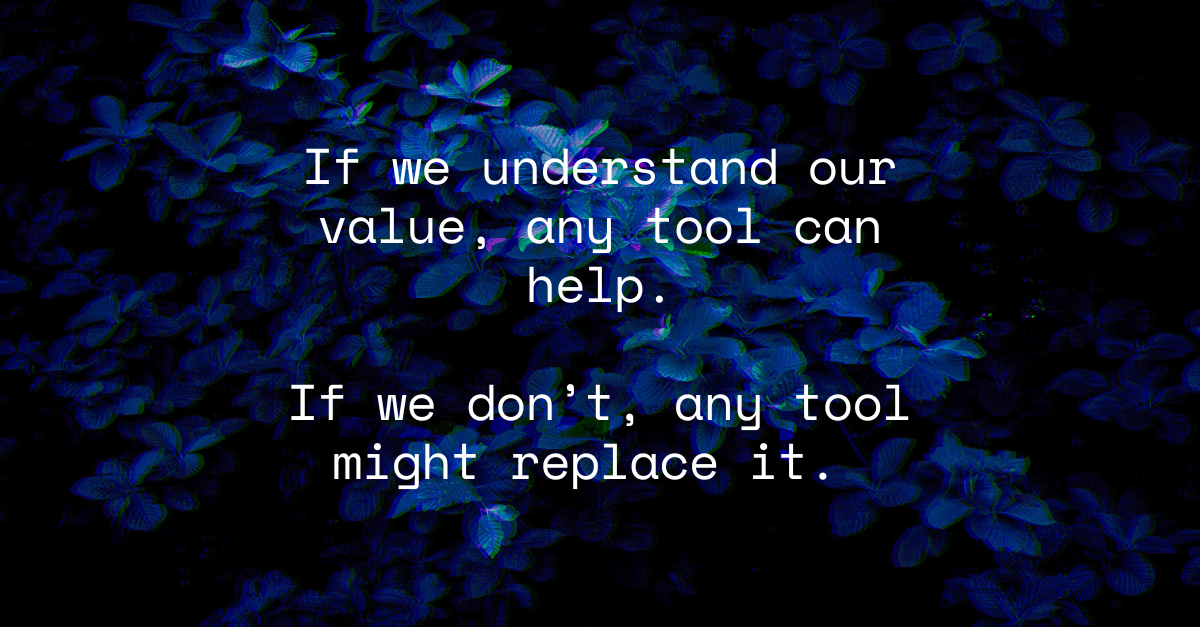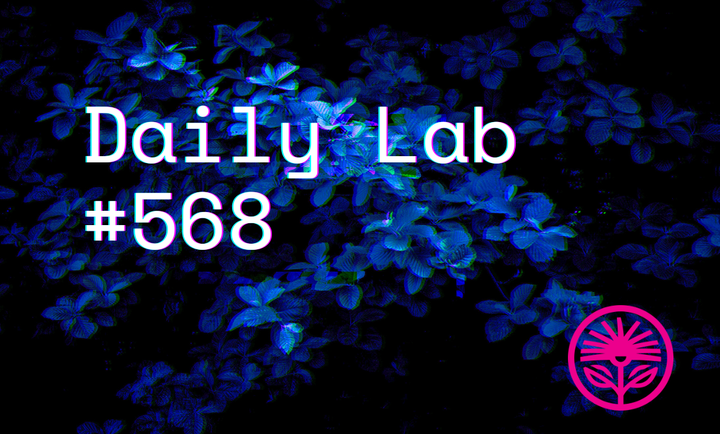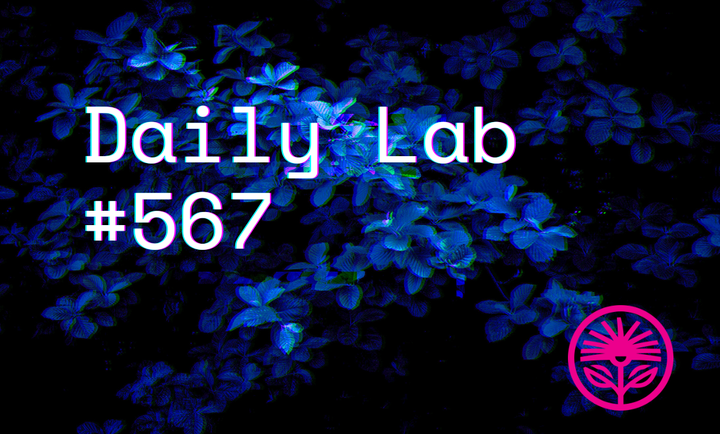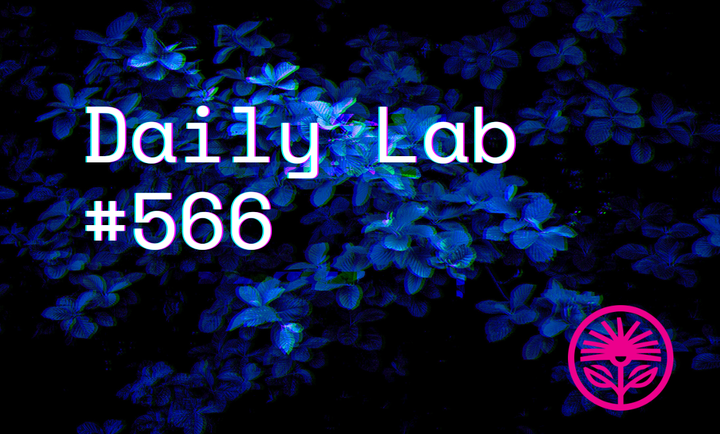Daily Lab: What’s your secret?
How any tool can help or hurt

What resource do you have exclusive access to?
My three custom AI assistants (one for life advice in the style of Anne Shirley, one for gardening advice a la Monty Don, and one who will fiercely debate anything I say to it like a condescending genius), along with my countless experiments with GPT-4, all suffer from the same problem:
They don’t know anything.
They have training data—and, now, access to the web—but they don’t actually know what’s true or not. They only know what sounds true based on everything they’ve read before.
But here’s the troubling part:
Lots of entrepreneurs act this way, too. They haven’t built a stock of knowledge or expertise that’s unique to them.
They’re just doing what looks right to them—following “best practices”—based on what they’ve seen everyone else do.
Like a basic language model, they can only parrot what someone more famous or successful than them has said before.
But if we’re going to make it into the next era of technology as business owners, we need to have an edge on those technologies. We need to know in what ways they can amplify our abilities and reproduce them.
We need to know what works and what doesn’t, based on our own experiences, not just the case studies of others.
So that, in the unique and creative synthesis of us and the tool, we create something genuinely unique, and uniquely valuable.
If GPT can do your job today, it will be doing your job tomorrow.
But if you’re using GPT to amplify your abilities today—or you’re using it to discover unique advantages you have over it—you’ll be able to keep creating unique value.
Because it’s not about the tool, it’s about the unique resource of value that the tool helps us create, deliver, or improve.
If we understand our value, any tool can help us amplify it.
If we don’t understand our value, any tool might be the one to replace it.



